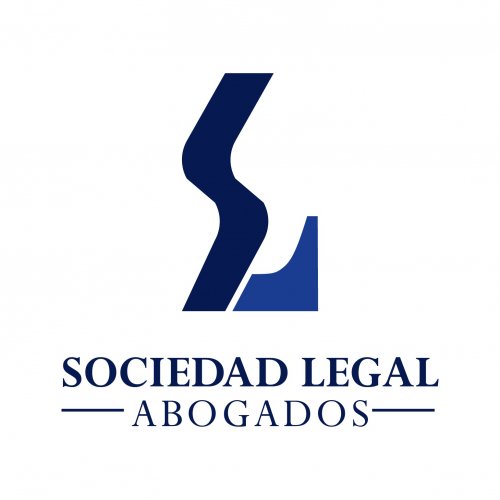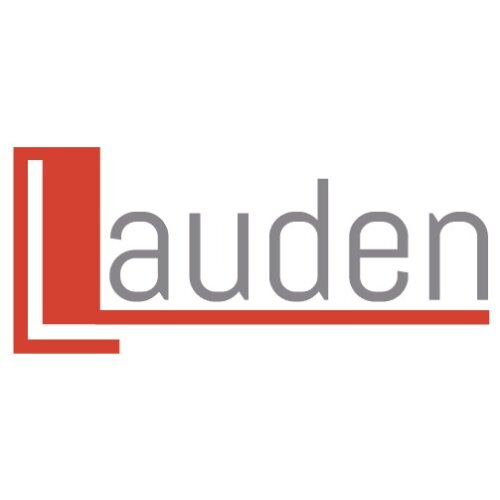Best International Trade Law Lawyers in Guayaquil
Share your needs with us, get contacted by law firms.
Free. Takes 2 min.
List of the best lawyers in Guayaquil, Ecuador
About International Trade Law in Guayaquil, Ecuador
International Trade Law in Guayaquil, Ecuador is a vital component of the country's legal system, revolving around the regulations and guidelines governing trade between Ecuadorian entities and international partners. As Guayaquil is a significant port city and a commercial hub, the laws concerning imports, exports, tariffs, and trade agreements play a crucial role in facilitating and regulating trade activities. The country follows international standards and agreements, such as those outlined by the World Trade Organization (WTO) and regional trade agreements, to ensure compliance and foster economic growth.
Why You May Need a Lawyer
Navigating International Trade Law can be complex, particularly for entities engaging in cross-border business. A lawyer specializing in this field can assist in a variety of situations, including:
- Understanding and negotiating trade agreements and contracts.
- Compliance with import/export regulations and tariffs.
- Resolving disputes that arise from international trade transactions.
- Advising on intellectual property rights and protection during trade activities.
- Assisting with customs procedures and dealing with trade sanctions or restrictions.
Local Laws Overview
Guayaquil, being a pivotal trade center, is subject to various local laws that impact international trade. Key aspects include:
- Customs Regulations: These laws dictate the processes for importing and exporting goods, including documentation and valuation requirements.
- Tariff Structures: Ecuador adopts specific tariff rates for different categories of goods, impacting the cost and viability of trade operations.
- Trade Agreements: Ecuador is part of several regional and bilateral trade agreements, influencing local trade policies and opportunities.
- Investment Laws: These laws affect foreign direct investment policies and the establishment of businesses by international investors within the city.
- Dispute Resolution: Mechanisms and legal venues available for resolving conflicts arising from trade activities, including arbitration and commercial courts.
Frequently Asked Questions
1. What is the role of the customs office in Guayaquil?
The customs office in Guayaquil oversees and facilitates international trade by controlling goods entering and leaving the country, ensuring compliance with local and international trade regulations.
2. How can I find out about the import tariffs applicable to my goods?
You can consult the Ecuadorian Customs Authority or work with a trade lawyer to understand specific import tariffs and duties applicable to your products.
3. Are there any special trade agreements that benefit businesses in Guayaquil?
Yes, Ecuador participates in various trade agreements that could offer preferential trade terms, reduced tariffs, and strengthened trade relations, benefiting businesses in Guayaquil.
4. What are the consequences of non-compliance with trade laws?
Non-compliance with trade laws can result in penalties, fines, seizure of goods, or legal action, affecting business operations and financial standing.
5. How do licensing requirements affect international trade in Guayaquil?
Licensing requirements ensure that traders meet specific standards for quality, safety, and compliance, which is crucial for certain regulated goods, such as pharmaceuticals or electronics.
6. Can foreign businesses own local companies in Guayaquil?
Yes, foreign businesses can establish and own local companies, subject to complying with Ecuadorian investment and company registration laws.
7. How can a lawyer help with trade dispute resolution?
A lawyer can guide clients through negotiation, mediation, arbitration, or litigation processes to resolve disputes efficiently and favorably.
8. Are there export incentives available for businesses in Guayaquil?
The government occasionally offers incentives, such as tax breaks or grants, to promote exports, which businesses can access by fulfilling certain criteria.
9. What is required to protect intellectual property internationally?
To protect intellectual property, businesses should register their trademarks, patents, or copyrights in each jurisdiction where they operate, often requiring legal assistance.
10. What documentation is needed for international trade transactions?
Typical documentation includes invoices, bills of lading, certificates of origin, import/export licenses, and customs declarations.
Additional Resources
Several resources can assist those navigating International Trade Law in Guayaquil, including:
- Ministry of Foreign Trade: Provides support and information on trade regulations and agreements.
- Ecuadorian Customs Authority (SENAE): Offers guidance on customs procedures, tariffs, and import/export requirements.
- Chambers of Commerce: Provide resources and networking opportunities to assist businesses engaging in international trade.
- Trade Associations: Industry-specific associations offer tailored advice and support to their members.
Next Steps
If you require legal assistance regarding International Trade Law in Guayaquil, consider the following steps:
- Contact a law firm specializing in international trade law to schedule a consultation.
- Gather and organize relevant documentation related to your trade activities.
- Prepare a list of questions or concerns regarding your trade dealings for the consultation.
- Stay informed about significant local and international regulatory changes affecting your trade operations.
By taking these steps, you can ensure that your trade activities are legally sound and beneficial to your business interests.
Lawzana helps you find the best lawyers and law firms in Guayaquil through a curated and pre-screened list of qualified legal professionals. Our platform offers rankings and detailed profiles of attorneys and law firms, allowing you to compare based on practice areas, including International Trade Law, experience, and client feedback.
Each profile includes a description of the firm's areas of practice, client reviews, team members and partners, year of establishment, spoken languages, office locations, contact information, social media presence, and any published articles or resources. Most firms on our platform speak English and are experienced in both local and international legal matters.
Get a quote from top-rated law firms in Guayaquil, Ecuador — quickly, securely, and without unnecessary hassle.
Disclaimer:
The information provided on this page is for general informational purposes only and does not constitute legal advice. While we strive to ensure the accuracy and relevance of the content, legal information may change over time, and interpretations of the law can vary. You should always consult with a qualified legal professional for advice specific to your situation.
We disclaim all liability for actions taken or not taken based on the content of this page. If you believe any information is incorrect or outdated, please contact us, and we will review and update it where appropriate.









